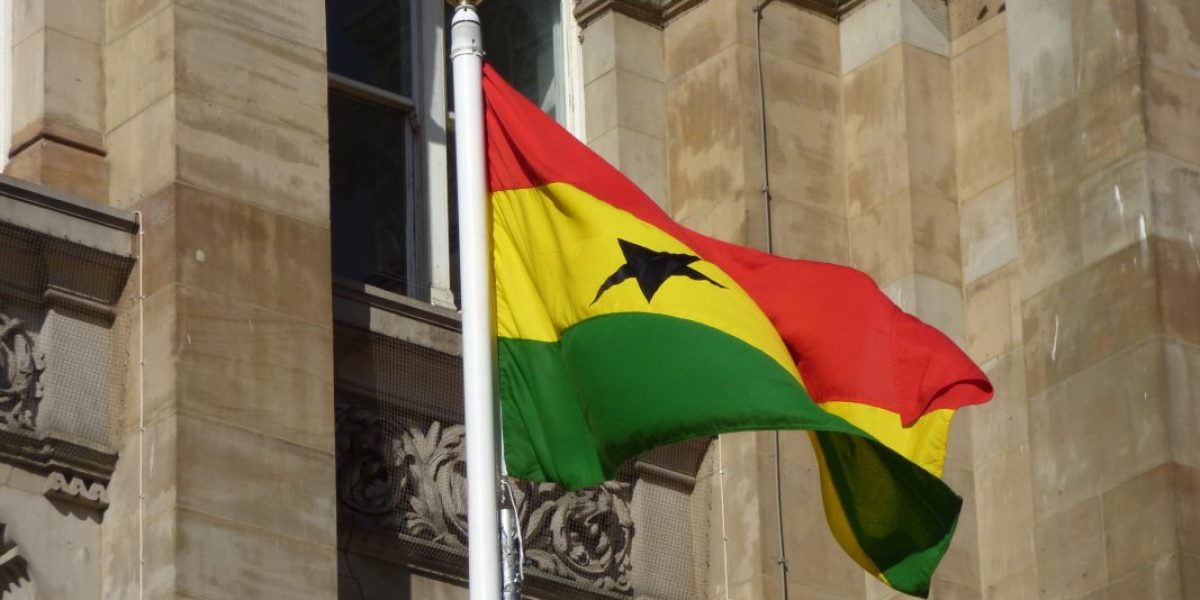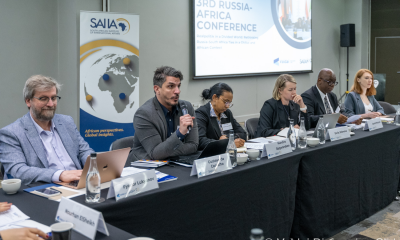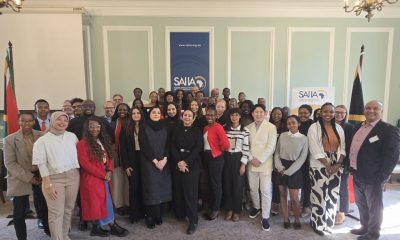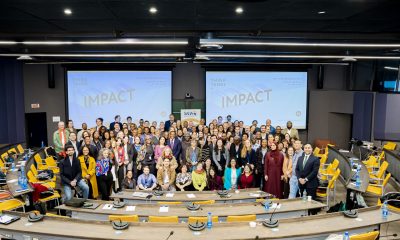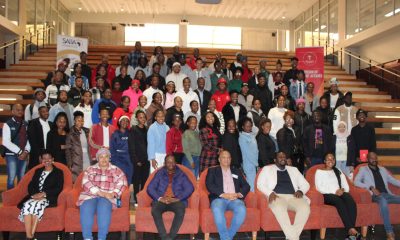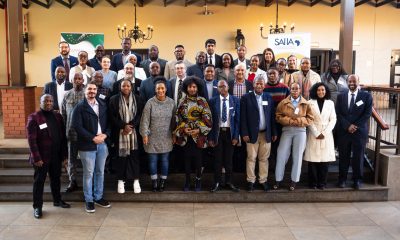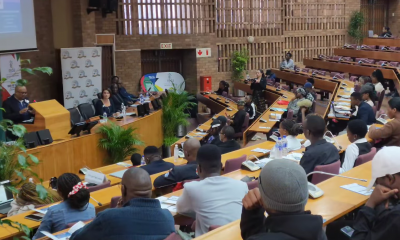The Floating, Production, Storage and Offloading vessel, dubbed the “Kwame Nkrumah” in honour of the renowned Ghanaian politician and thinker, began its six week voyage from Singapore last week.
Amidst the excitement and anticipation however lies a very real concern that the Ghanaian economy is ill-equipped to spend the additional US$1.5 billion a year that is expected to come from tapping oil reserves. In a policy briefing produced by the South African Institute of International Affairs, Ross Harvey posits that Ghana lacks absorptive capacity – especially at local government level – which would make effective spending a real challenge in the short term. Additionally, an overdependence on oil revenue opens the country’s budget to greater volatility which in turn would impact on planning – a key aspect developmental success.
Harvey argues that instead of being used to fund immediate capital or operational expenditure, oil revenues should be harnessed to further Ghana’s knowledge economy, saying that “[e]conomic diversification, not oil per se is imperative for Ghana’s developmental success.”
Other challenges facing the country are the effective public management of the revenue generated from oil and the lack of transparency in the oil contract negotiations – which Harvey argues is having a potentially destabilising effect as communities become agitated from communication failure.
Among his recommendations Harvey suggests that consultation with local communities takes place so as to manage their expectations and developmental aspirations and that legislation covering Ghana’s oil revenue management be passed without delay. In the end it would appear that if Ghana’s revenues are managed well it could strengthen rather than impede the country’s democratic processes and produce fruitful outcomes.
Ross Harvey is a lecturer at University of Cape Town and was an intern in the Governance of Africa’s Resources Programme at SAIIA. Access the full publication, ‘ Will Oil Build or Break the Back of Ghana’s Democracy? (432.11 kB)’.

